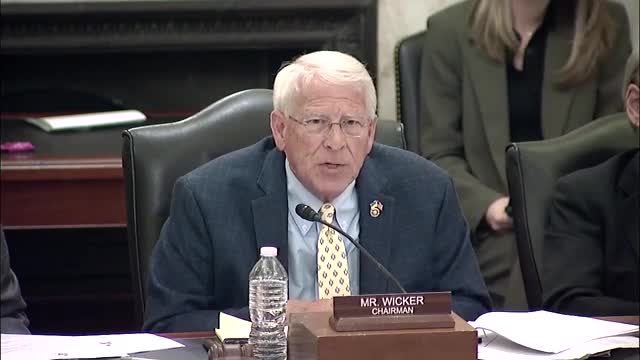Witnesses tell commission European instability would ripple to U.S. jobs and trust in alliances
Get AI-powered insights, summaries, and transcripts
Subscribe
Summary
During a brief exchange at the U.S. Helsinki Commission, witnesses argued that European security affects U.S. jobs, investment and the credibility of American commitments, while questioners pressed for why ordinary households should care.
Speaker 1 (questioner) opened the exchange by asking the panel to imagine “a young couple in their thirties” and asked, “What's it to them whether Ukraine or, the Baltic nations are overtaken by a a Russian dictator?” He also asked what stake ordinary Americans have in “the validity and sanctity of our country's solemn word” when the U.S. makes promises to allies.
Speaker 2 (respondent) replied that Europe’s peace and stability are closely tied to U.S. prosperity. “I would argue that the peace and stability of Europe has long been directly connected to peace and prosperity in The United States,” Speaker 2 said, adding that roughly two-thirds of global foreign direct investment flows across the Atlantic and that 46 of 50 states trade more with Europe than with China. He warned that if European security were to crumble, U.S. jobs and large amounts of investment would be at risk.
Speaker 3 (respondent) framed the issue in alliance and geopolitical terms, saying NATO commitments require members to protect democracy and that allied leaders told him events on the Eastern Front affect broader security. He warned that Russia’s invasion has drawn assistance from other states, saying there has been “significant Chinese assistance into Russia, North Korean assistance, including North Korean soldiers, and Iranian assistance, including Shahid, industrial capacity,” and compared the present threat to pre-World War II aggression, calling it evidence of a “revengeist Russia.”
The exchange closed with Speaker 1 reiterating that even voters who prioritize domestic priorities still have a stake in Baltic and European security. The conversation did not record a formal motion or vote and focused on connecting foreign policy outcomes to domestic economic and strategic interests.
The next procedural step or any policy recommendations were not included in the excerpt.
